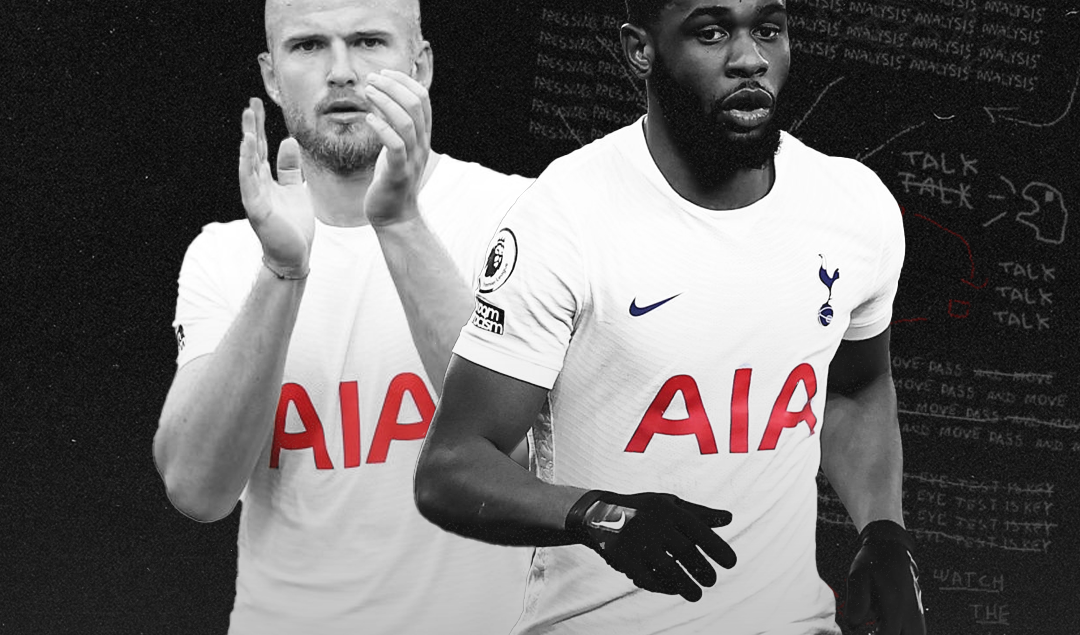The Impact of Red Cards & Other Exclusion Factors on Betting Odds
Football is full of unpredictable moments that can dramatically change the course of a match. One of the most significant events is when a player receives a red card, forcing their team to continue with fewer players. This situation, along with other exclusion factors like in-game injuries, can heavily influence the outcome of a match and directly affect betting odds.
Understanding how these events impact football betting is important for bettors looking to maximise their chances of success. In this article, we’ll explore how red cards and the other factors that affect football betting odds, both before and during the match, offering insights for smarter betting.
Red Cards and Their Immediate Impact on Betting Odds
A red card in football is one of the most game-changing events. When a player is sent off, their team is left at a numerical disadvantage, which can drastically change the momentum of the match. From a betting perspective, bookmakers react almost immediately to red cards by adjusting the odds.
If a favoured team like Manchester City or Real Madrid, for instance, receives a red card, the odds of them winning may lengthen, while the opposing team’s odds may improve. This is especially true if the red-carded player is a key figure, such as a team’s captain like Kevin De Bruyne or top scorer like Karim Benzema.
Bettors who participate in live sports betting can use these quick shifts to their advantage by placing bets as soon as the odds adjust, potentially securing better returns before the market stabilises. This is why live bettors need to act fast when a red card is shown, as odds change rapidly, reflecting the new dynamics on the field.
How Other Factors Contribute to Pre-Match Football Odds
While red cards mainly affect live betting odds, pre-match odds are influenced by a range of factors that can alter a team’s chances of success before the game even begins. Bookmakers consider various elements, such as injuries, players failing medical tests, or tactical adjustments, when setting the odds for an upcoming match. These factors can impact the likelihood of a team winning, drawing, or losing.
If a team like Liverpool, for example, sees their leading goal scorer, such as Mohamed Salah, ruled out after failing a fitness test, the odds for that team might shift to reflect their reduced attacking power. Similarly, if multiple players from clubs like Barcelona or Chelsea are sidelined due to injuries, bookmakers may increase the probability of a loss or draw for that team, while shortening the opposing team’s odds.
For bettors, staying informed about these pre-match developments, such as injury updates, fitness reports, and other logistical issues is important. By monitoring team news and player availability, bettors can often spot shifts in odds before bookmakers fully adjust, allowing them to capitalise on favourable betting opportunities.
Conclusion
Red cards and other exclusion factors have a significant impact on football matches and the betting odds that accompany them. Understanding how these factors influence a team’s performance can give bettors an essential edge, especially in live betting, where odds fluctuate rapidly in response to in-game events. By staying informed and reacting quickly to red cards or injuries, bettors can capitalise on shifting odds and make smarter betting decisions.
